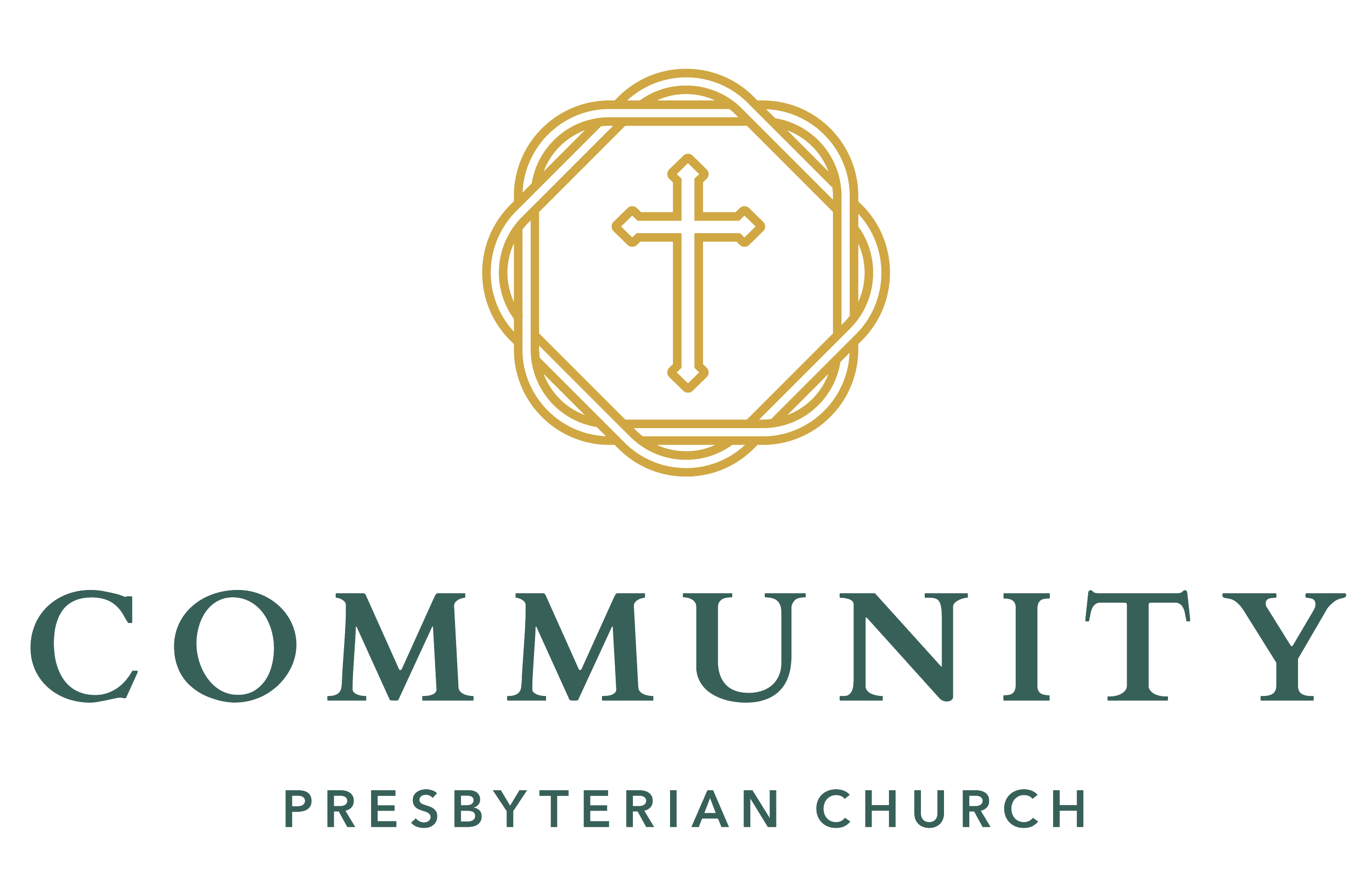The Reformation and the Church
The Protestant Reformation (which we commemorate at the end of the month due to Luther nailing his 95 Theses on October 31, 1517) did more than reclaim right doctrines regarding the Word of God or justification by faith alone, it also recovered the true meaning and purpose of the church. For centuries, the church had been gaining more and more power. It was believed that the church had the authority to create articles of faith, forge new doctrines, and demand that people’s consciences be subject to the decisions of popes and councils. It was understood that the church had just as much authority as the Bible.
The Reformation upended that notion. Reformers argued that the church’s role was not magesterial but ministerial. The church wasn’t meant to lord authority over the Christian people, but rather come alongside them and support them in life through ministering the Word of God.
In giving a proper perspective of the authority the church and church leaders should have, Calvin aptly put it like this: “The church has no teacher but Christ.” This is what he goes on to write in his Institutes:
Let all the world be silent, let Christ alone be obeyed and all other ignored. For as the authority is his, it is right for him to speak. All that was left for the apostles, and all that remains for their successors, is to keep carefully the law which Christ set down for their mission when he bade them go and teach all nations, not what they themselves had devised but all that he had commanded them. Peter too reserves nothing for himself or for others, when he writes, “Let him who speaks speak God’s words” (1 Peter 4:11). What is this but to reject all inventions of the human mind from whatever brain they come, so that God’s pure word may be taught and learned in the church of believers? Here we have a clear account of the ecclesiastical power which is conferred on pastors of the church, whatever titles they may bear.
